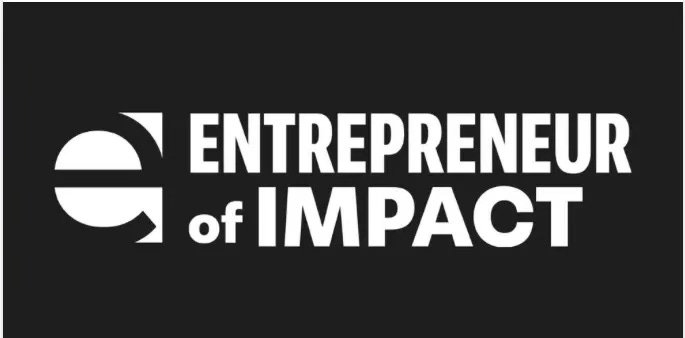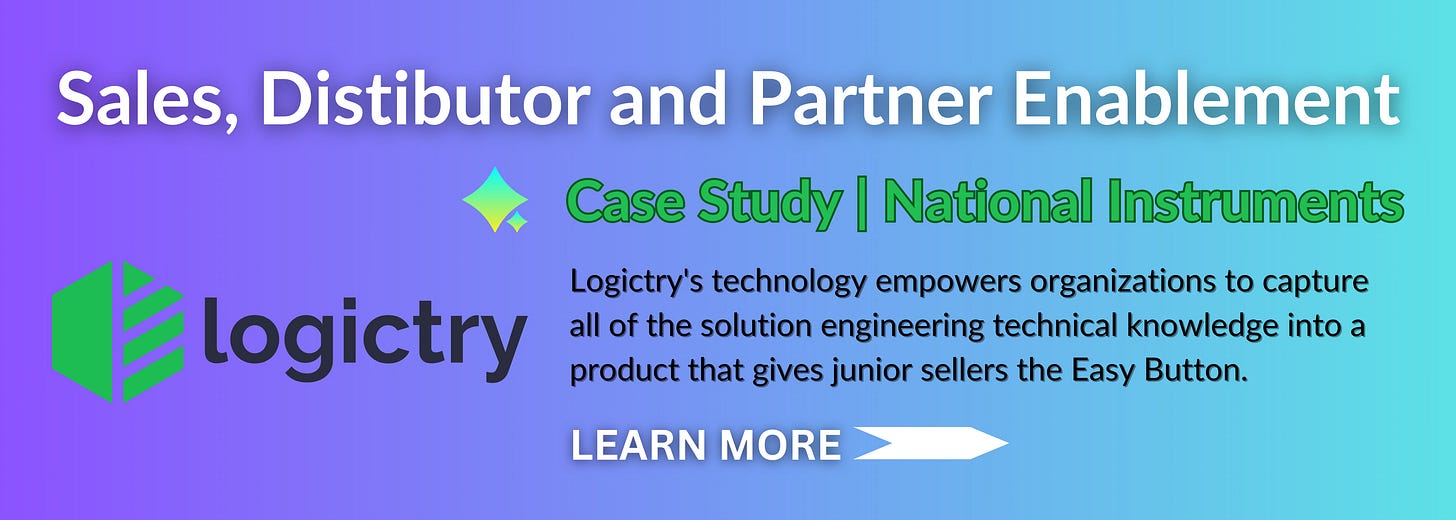AI Researcher François Chollet Founds A New AI Lab Focused On AGI
François Chollet, an influential AI researcher, is launching a new startup that aims to build frontier AI systems with novel designs.
François Chollet, an influential AI researcher, is launching a new startup that aims to build frontier AI systems with novel designs. The startup, Ndea, will consist of an AI research and science lab. It’s looking to “develop and operationalize” AGI. AGI, which stands for “artificial general intelligence,” typically refers to AI that can perform any task a human can. It’s a goalpost for many AI companies, including OpenAI.
“We’re betting on a different path to build AI capable of true invention, adaptation, and innovation,” Chollet wrote in a series of posts on X. “We believe we have a small but real chance of achieving a breakthrough — creating AI that can learn at least as efficiently as people, and that can keep improving over time with no bottlenecks in sight.”
Ndea plans to use a technique called program synthesis, in tandem with other technical approaches, to unlock AGI. Chollet thinks that program synthesis, which allows AI to generalize problems it hasn’t seen before from only a few examples, can help to overcome the most intractable problems in AI research.
Program synthesis is traditionally computing-intensive. But Chollet thinks this limitation can be overcome — and that overcoming it will help accelerate scientific progress. “We are not alone in recognizing the potential of program synthesis — it’s a technique every frontier AI lab is now starting to explore,” reads a blog post on Ndea’s website. “We are at the crest of a pivotal moment in scientific history and the world deserves every possible direct, unique attempt to build AGI.”
More about Chollet’s AI Startup pursuing AGI on TechCrunch
Building AI Applications With Large Language Models | Roy Derks | IBM
Unlock the power of Large Language Models and discover how to build AI applications that can understand and respond to complex questions. Join Roy Derks as he explores the technical aspects of building AI applications with LLMs, including the use of vector databases and API's.
Get a guide to the concept of agents and multi-agent frameworks, and learn how to build complex AI applications that can drive business value.
Bruce Burke Participating In Forbes Entrepreneur Of Impact Competition
Exciting News! I have been selected to participate in the Entrepreneur of Impact competition. One visionary winner will be featured in Forbes, receive $25,000, and have a one-on-one mentoring session with the Shark Tank's Daymond John.
I'm proposing building an AI-powered, fully automated news and information organization that creates news articles, videos, podcasts, deep dives, special reports, white papers, and more — focused on the ever-expanding world of AI.
Voting opens on the 20th, I would appreciate your vote and will be posting again when voting starts. I have setup my profile that outlines my proposal linked above.
Luma AI Releases Ray2 Generative Video Model With 'Fast, Natural' Motion And Better Physics
Luma AI made waves with the launch of its Dream Machine generative AI video creation platform last summer.
Of course, while that was only seven short months ago, the AI video space has advanced rapidly with the release of many new AI video creation models from rival startups in the U.S. and China, including Runway, Kling, Pika 2.0, OpenAI’s Sora, Google’s Veo 2, MiniMax’s Hailuo and open source alternatives such as Hotshot and Genmo’s Mochi 1, to name but a few. Even Luma itself recently updated its Dream Machine platform to include new still image generation and brainstorming boards, and also debuted an iOS app.
But the updates continue: Today, the San Francisco-based Luma released Ray2, its newest video AI generation model, available now through its Dream Machine website and mobile apps for paying subscribers (to start). The model offers “fast, natural coherent motion and physics,” according to Luma AI co-founder and CEO Amit Jain on his X account, and was trained with 10 times more compute than the original Luma AI video model, Ray1.
“This skyrockets the success rate of usable production-ready generations and makes video storytelling accessible to a lot more people,” Jain added. Luma’s Dream Machine web platform offers a free tier with 720 pixel generations capped at a variable number each month: Paid plans begin at $6.99 per month: From “Lite,” which offers 1080p visuals, to Plus ($20.99/month), to Unlimited ($66.49/month) and Enterprise ($1,672.92/year).
More on Luma AI’s Ray2 GenAI model on Venture Beat
Opening Keynote: Pacing Yourself In The AI Races | Gartner IT Symposium/Xpo
In the world of AI, the exhilarating, and often exhausting, pace of innovation can seem impossible to keep up with. But what if you don't have to?
In the opening keynote of Gartner IT Symposium/Xpo 2024, Distinguished VP Analysts, Mary Mesaglio and Hung LeHong, share Gartner’s unique view on how CIOs & IT executives can set their own pace in the AI innovation races. Learn how to successfully pivot from learning AI to scaling and pursuing what's next in AI.
Moving On IT | Authorized Partner For IT, AI, And Cybersecurity Solutions
I’ve partnered with Moving On IT, your authorized partner for navigating the complex landscape of today’s technology. Moving On IT specializes in providing cutting-edge hardware, software, and cybersecurity solutions tailored to your needs.
From robust IT infrastructure to advanced Al applications, Moving On IT empowers businesses to thrive in the digital age. Contact Moving on IT with all your IT, AI and Cybersecurity requirements. Call +1 (727) 490-9418, or email: info@movingonit.com
Microsoft Launches Copilot Chat With AI Agents; Take That, Google Gemini!
Microsoft has been positioning Copilot as the “UI for AI.” The company has already launched several variants of the GPT-4o-powered assistant for business and personal users. Now, as the next step in this work, it is launching Microsoft 365 Copilot Chat — a rebranded version of its free AI chat experience for businesses, enhanced with agentic capabilities.
Available starting today, the offering is designed to give businesses an easy way to explore most, if not all, of the capabilities of the more full-featured Microsoft 365 Copilot, which is priced at $30 per user per month. Although the experience is free, there is a notable caveat: The agentic capabilities promising task automation will work only on a consumption-based model.
The goal here is pretty obvious: Microsoft wants to give its commercial customers a taste of what it has on offer in the paid version of Copilot. If, with powerful features like agents, the company can make using Copilot a daily habit of Microsoft 365 users — from customer service representatives to marketing leads to frontline technicians — those users might eventually turn to the paid plan.
This development is not a surprise given that the rollout of Microsoft 365 Copilot has been reported to be far from perfect, with some enterprises describing it as expensive and complex to implement due to security concerns.
More on Microsoft’s CoPilot Chat with AI assistants on Venture Beat
The Godmother Of AI, Dr. Fei-Fei Li On What AGI Means For Humanity | Possible
How can we use AI to amplify human potential and build a better future? And what exactly does “AGI” actually mean?
To kick off Possible’s fourth season, Reid and Aria sit down with world-renowned computer scientist Dr. Fei-Fei Li, whose work in artificial intelligence over the past several decades has earned her the nickname “the godmother of AI.” An entrepreneur and professor, Fei-Fei shares her journey from creating ImageNet—a massive dataset of labeled images that revolutionized computer vision two decades ago—to her current role as co-founder and CEO of the spatial intelligence startup World Labs.
She breaks down why spatial intelligence—the ability to perceive and interact with the 3D world—is so crucial for AI's development and how it could lead to breakthroughs in fields like medicine, climate, and education. They also get into regulatory guardrails, governance, and what it will take to build a positive, human-centered AI future for all.
Logictry’s AI-Driven Platform | Helps Make Smarter Decisions Faster
I’ve partnered with Logictry, an AI platform that helps you make smarter decisions faster. Check out the case study linked below how National Instruments utilized the Logictry platform to enable their sales, as well as external distributors and partners.
If you’d like more information about use cases for the Logictry platform message me.
World Economic Forum Says 41% Of Bosses Worldwide Have Plans To Fire You In The Next 5 Years To Replace You With Artificial Intelligence
Since the explosive launch of ChatGPT, there has been a prevailing fear among workers that employers would leverage artificial intelligence to cut costs by replacing human jobs. As it turns out, many may be right.
The World Economic Forum surveyed 1,000 global employers, who collectively employ more than 14.1 million workers across 22 industries, for its Future of Jobs report—and it found that 41% of bosses think they’ll need to reduce their workforce in the next five years.
Why? Because they predict there will be a pool of workers whose skills or roles become obsolete thanks to AI. In other words: They plan to replace human workers with chatbots, automation and large language models that can do the job faster for less. But it’s not all bad news. A larger proportion of employers (51%) say they intend to transition staff from these dying roles into ones which are growing. It’s a task that will require swaths of workers to upskill to remain relevant.
It’s why the future looks brightest for workers with who are already equipped with AI skills. A staggering 70% of bosses surveyed plan to hire new staff with these in-demand skills.
More about the AI skills you need to acquire in 2025 on Fortune
"I'm Worried About Reward Hacking" Turing Award Winner, Yoshua Bengio
Professor Yoshua Bengio is a pioneer in deep learning and Turing Award winner. Bengio talks about AI safety, why goal-seeking “agentic” AIs might be dangerous, and his vision for building powerful AI tools without giving them agency.
Topics include reward tampering risks, instrumental convergence, global AI governance, and how non-agent AIs could revolutionize science and medicine while reducing existential threats. Perfect for anyone curious about advanced AI risks and how to manage them responsibly.
Thats all for today, however new advancements, investments, and partnerships are happening as you read this. AI is moving fast, subscribe today to stay informed.









